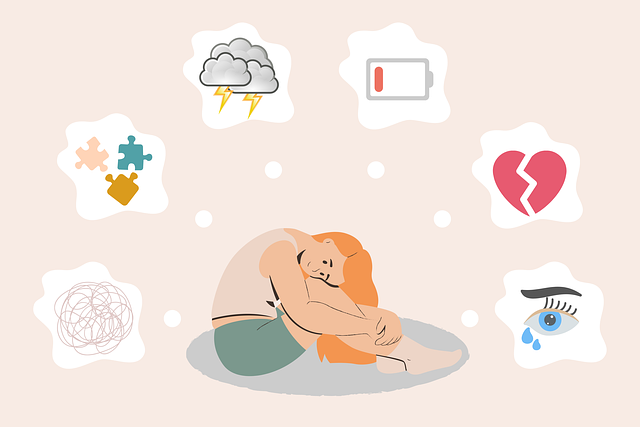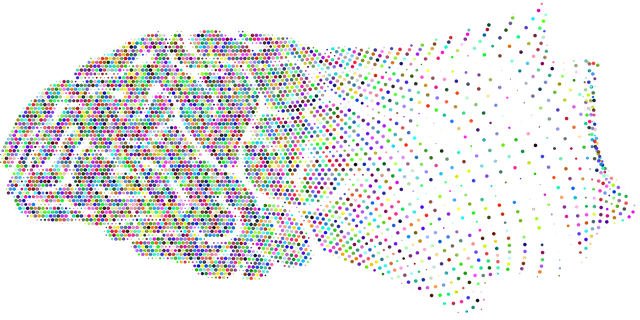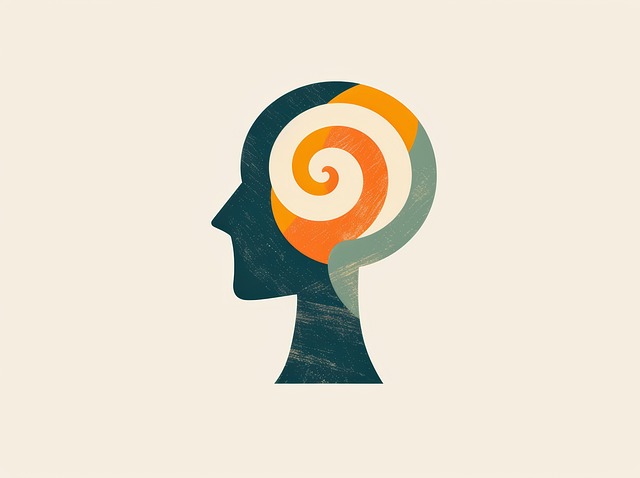In today's world, mental health education is crucial for all age groups, especially to combat rising eating disorders. Littleton Eating Disorders Therapy emphasizes the importance of early intervention and tailored support. Effective programs should include diverse perspectives, cultural sensitivity, risk management planning, and SMART learning objectives. Engaging content through interactive activities and case studies is key, ensuring healthcare providers gain practical skills and reduce stigma. The program at Littleton incorporates CBT, DBT, and Mind Over Matter, offering holistic approaches for short-term and long-term mental health management. Community involvement, support systems, self-care practices, and tailored exercises enhance reach and sustainability, promoting early identification and effective prevention strategies.
Mental health is a cornerstone of overall well-being, yet education around it often falls short. This article explores the vital process of designing comprehensive mental health education programs, focusing on strategies for fostering resilience and promoting early intervention. From identifying learning objectives to incorporating evidence-based therapies, we delve into key components effective programs need. By integrating community support systems, these initiatives can significantly impact individuals’ mental health, mirroring the crucial care provided by centers like Littleton Eating Disorders Therapy.
- Understanding the Need for Comprehensive Mental Health Education
- Defining Learning Objectives for an Effective Program
- Creating Engaging Content and Interactive Activities
- Incorporating Evidence-Based Therapies and Techniques
- Implementing Support Systems and Community Involvement
Understanding the Need for Comprehensive Mental Health Education

In today’s fast-paced and often stressful world, mental health issues have become increasingly prevalent among individuals of all ages. This underscores the urgent need for comprehensive mental health education programs that can equip people with the knowledge and skills to recognize, manage, and prevent such conditions. At Littleton Eating Disorders Therapy, we’ve witnessed firsthand how early intervention and education can be transformative in empowering individuals to lead healthier, happier lives.
Mental health awareness goes beyond simply understanding common disorders; it involves fostering cultural sensitivity in mental healthcare practice. By integrating diverse perspectives and addressing unique challenges within different communities, we can ensure that everyone receives tailored support. Furthermore, effective programs must incorporate risk management planning for mental health professionals, safeguarding both practitioners and clients while facilitating a safe and supportive environment for open dialogue and healing.
Defining Learning Objectives for an Effective Program

Defining clear learning objectives is a cornerstone of crafting an effective mental health education program, particularly when addressing complex issues such as eating disorders in various settings, including Littleton Eating Disorders Therapy. These objectives should be specific, measurable, achievable, relevant, and time-bound (SMART). For instance, a SMART objective for an educational session could be: “By the end of this workshop, participants will be able to identify two signs of emotional dysregulation in patients and provide at least one evidence-based strategy to support emotional well-being.”
Tailoring objectives to the target audience is essential. For healthcare providers, objectives might focus on enhancing cultural competency training to improve care for diverse populations. This could include learning how to navigate cultural barriers in treatment and understanding the impact of societal norms, as seen in various communities, on mental health. Incorporating interactive activities and real-world case studies ensures that participants not only grasp theoretical concepts but also develop practical skills in promoting emotional well-being, thereby preparing them to implement these techniques in their professional practice, including effective strategies for Littleton Eating Disorders Therapy.
Creating Engaging Content and Interactive Activities

Creating engaging content is a cornerstone of any successful mental health education program. At Littleton Eating Disorders Therapy, we understand that mere information dissemination can be ineffective. Instead, our approach focuses on interactive activities designed to captivate participants and facilitate active learning. By integrating real-life scenarios, role-plays, and group discussions, we ensure that the material resonates with individuals’ experiences, fostering a deeper understanding of mental health concepts.
These interactive elements extend beyond mere entertainment; they equip healthcare providers with practical tools for burnout prevention strategies. Social skills training, for instance, enhances communication between caregiving professionals and patients, thereby reducing the stigma surrounding mental illness. Through dynamic learning experiences, participants not only acquire knowledge but also develop resilience and empathy, crucial components in delivering compassionate and effective therapy services.
Incorporating Evidence-Based Therapies and Techniques

Incorporating evidence-based therapies and techniques is a cornerstone of any comprehensive mental health education program. At Littleton Eating Disorders Therapy, we recognize that diverse approaches are necessary to cater to the unique needs of each individual. This includes integrating evidence-based practices such as Cognitive Behavioral Therapy (CBT), Dialectical Behavior Therapy (DBT), and Mind Over Matter principles. These therapeutic methods have been extensively studied and proven effective in treating a range of mental health conditions, including eating disorders.
Beyond addressing specific disorders, the program focuses on fostering social skills training and empathy building strategies. By teaching individuals how to navigate interpersonal relationships with enhanced emotional intelligence and communication skills, we empower them to create supportive networks that promote overall well-being. These evidence-backed techniques, combined with a holistic approach, ensure that participants gain practical tools to manage their mental health effectively both in the short term and long term.
Implementing Support Systems and Community Involvement

Implementing Support Systems and Community Involvement is a pivotal aspect of designing an effective mental health education program, particularly when addressing complex issues such as eating disorders. At Littleton Eating Disorders Therapy, we recognize that recovery is not just an individual journey but a communal one. Thus, our programs prioritize building strong support networks both within the community and among peers. This involves fostering partnerships with local organizations, schools, and healthcare providers to create a holistic environment that reinforces learning and promotes well-being.
Community involvement enhances the reach and sustainability of mental health initiatives. By engaging parents, teachers, and neighbors, we can facilitate early identification and intervention, crucial factors in preventing and managing eating disorders. Incorporating Self-Care Practices and Self-Awareness Exercises tailored to diverse populations ensures that everyone has access to tools that nurture mental resilience. Leveraging Mind Over Matter Principles allows participants to develop coping strategies that challenge negative thought patterns, ultimately empowering them to lead healthier lives.
In designing a comprehensive mental health education program, it’s essential to integrate multiple strategies for optimal impact. By understanding the unique needs of individuals seeking support, setting clear learning objectives, and employing engaging content and interactive activities, we can create meaningful experiences. Incorporating evidence-based therapies and techniques ensures effectiveness, while fostering support systems and community involvement enhances long-term well-being. Just as Littleton Eating Disorders Therapy exemplifies specialized care, a thoughtfully structured mental health education program can be a game-changer, empowering individuals to navigate their journeys with resilience and hope.









